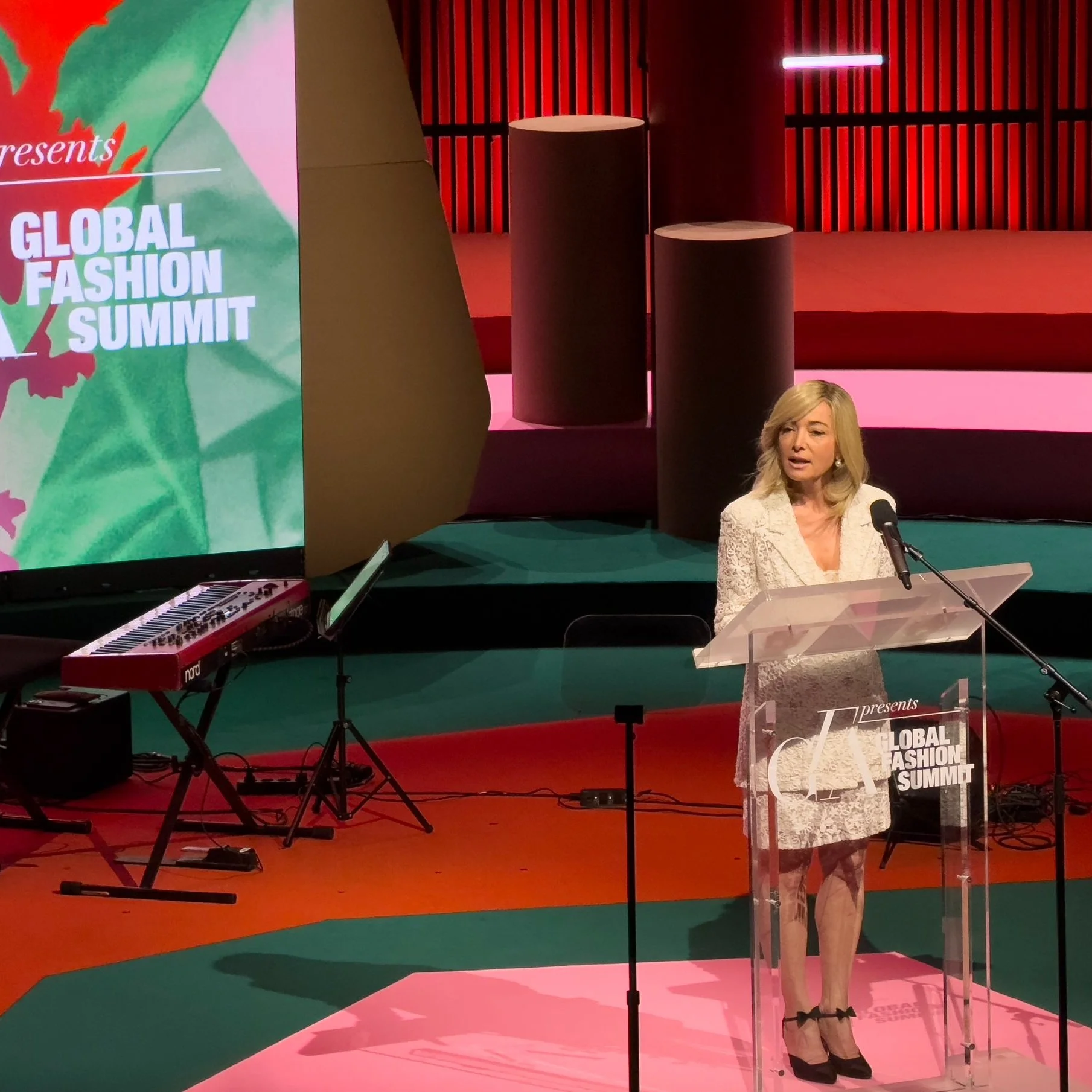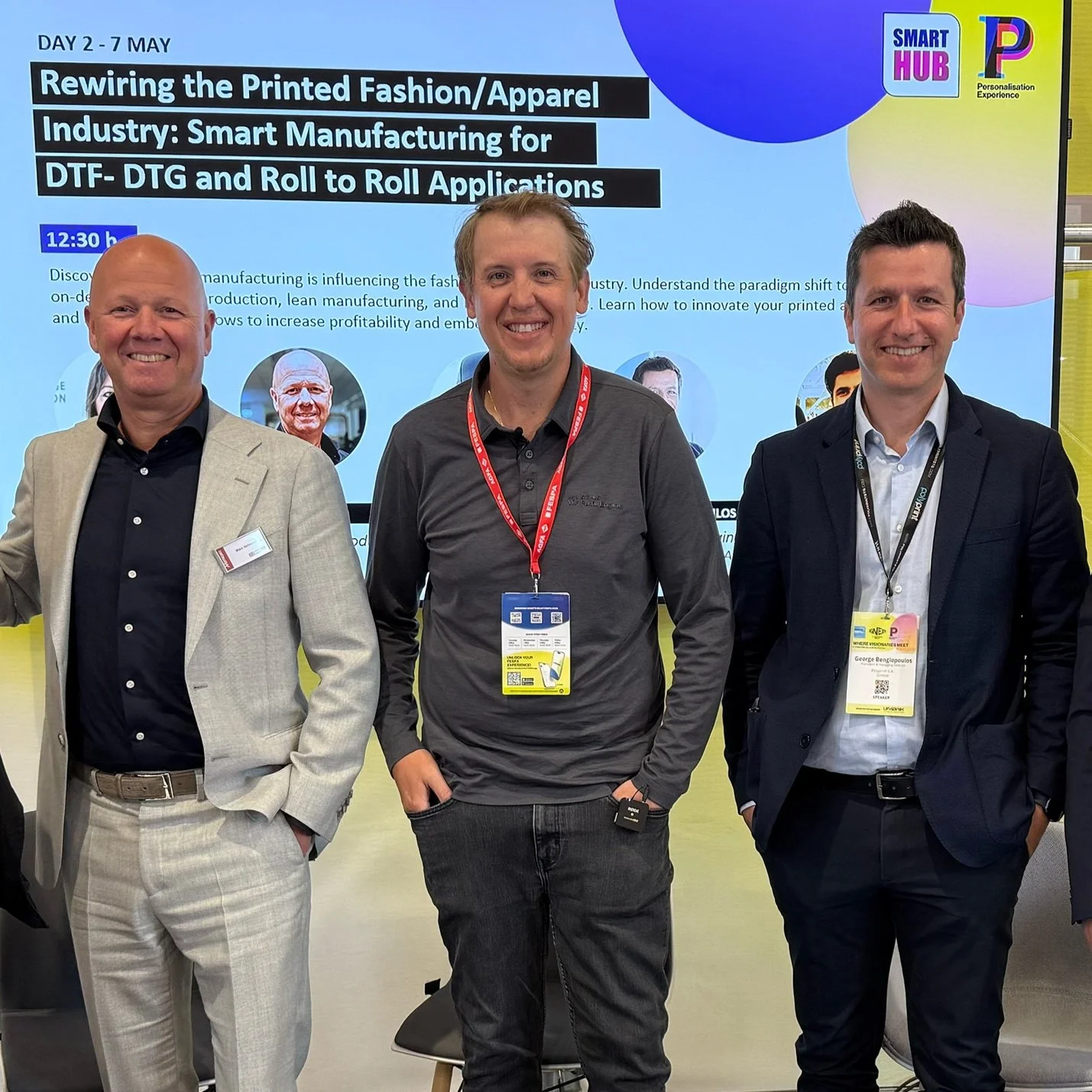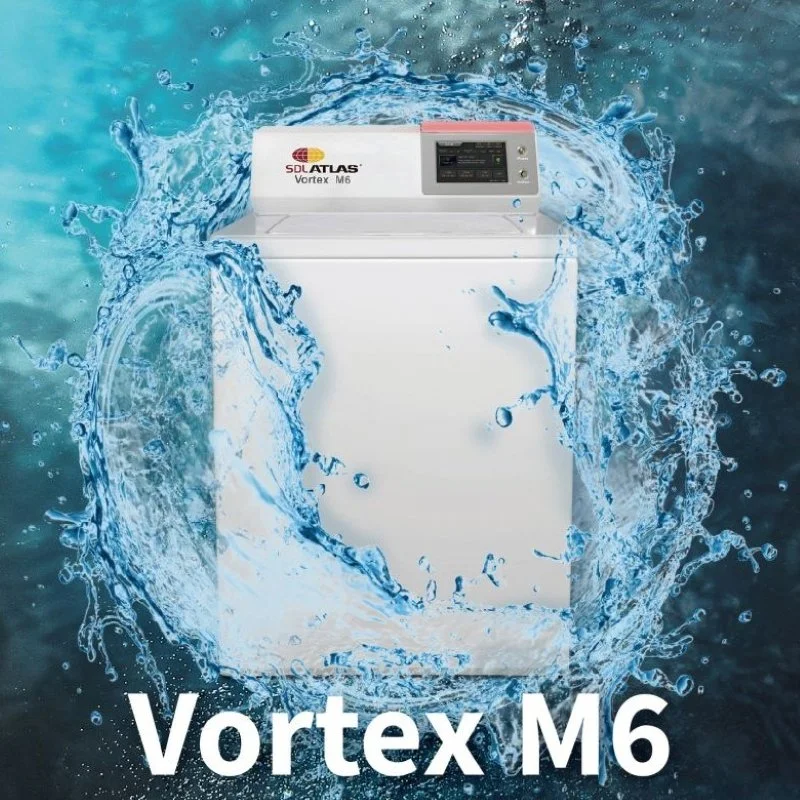NOTES FROM THE USA : THE SLOW FASHION CAUCUS AND THE LANDMARK RECYCLING BILL : SOME PROGRESS UNDERWAY, BUT WE DESPERATELY NEED MORE >>
“We’ve been talking a great deal about the deleterious effects of Fast Fashion on our planet. Now we have a counterpoint to discuss—an effort in Congress to rein in fast fashion with the launch of the Slow Fashion Caucus. Meanwhile:California is putting even more teeth into its recycling efforts with a proposed bill that establishes an Extended Producer Responsibility (EPR) program for recycling clothing and textile fibers.” WhatTheyThink
GUEST ARTICLE WRITTEN BY CARY SHERBURNE OF WHATTHEYTHINK
We’ve been talking a great deal about the deleterious effects of Fast Fashion on our planet. Now we have a counterpoint to discuss—an effort in Congress to rein in fast fashion with the launch of the Slow Fashion Caucus. Meanwhile, in California is putting even more teeth into its recycling efforts with a proposed bill that establishes an Extended Producer Responsibility (EPR) program for recycling clothing and textile fibers. And France is proposing a Fast Fashion Tax and an EU ban on exporting used clothing.
As a reminder, Fast Fashion is a business model in the clothing industry focused on quickly producing trendy garments at a low cost. Fast Fashion typically is created in large quantities from low-cost materials, and they typically have a short lifespan—either because of their poor quality, or because the trend that drove their production is no longer a trend. The result? Most of it ends up rather quickly being discarded, and that means either incineration or landfills. None of this is good for the environment, and as we have said many times in this space, brands will continue with this flawed business model as long as consumers are willing to buy this stuff.
Or, is it only when they are faced with regulatory compliance issues, taxes, and/o a reputational hit that they are incentivised to change their commercial behaviours?
In recent news, we’ve seen emerging regulatory action that can help this situation, but it still doesn’t take the pressure and responsibility off of consumers to NOT support brands like Shein, Zara and others, whose primary mission in life is to put out as much trashy apparel as possible at cheap prices (often at the expense of fair labor practices), which still give them profits but are certainly not eco-friendly.
Fast Fashion Tax in France
Back in March, France's lower house of parliament approved a bill seeking penalties on ultra-fast fashion products, sold by companies like China’s Shein, aimed at helping to offset their environmental impact, according to Reuters.
This could reach penalties of up to 10 euros per individual item of clothing by 2030 as well as a ban on advertising these products. The bill still requires approval from the Senate, so it has a way to go. But it’s a start. France is also proposing a European Union ban on exports of used clothing. According to the Reuters article, United Nations trade data shows the EU exported 1.4 million metric tons of used textiles in 2022, more than twice as much as in 2000. The clothes can cause pollution in African countries where items that can't be resold end up in landfills. Yay, France!
Across the Pond
On this side of the pond, actions to reduce textile waste, including that caused by disposal of fast fashion items that may only be work once or twice, Fibre2Fashion reports that “Senate Bill 707 (SB 707), a pioneering textile-recycling bill introduced by Senator Josh Newman (D-Fullerton), has successfully passed the California Assembly Natural Resources Committee with a 9-3 vote.
Known as the Responsible Textile Recovery Act of 2024, this legislation establishes a comprehensive Extended Producer Responsibility (EPR) program. Under this program, producers will be required to implement and fund initiatives aimed at facilitating the reuse, repair, and recycling of clothing and textile fibers.”
Of course, this bill also has a way to go before it becomes law, but the likelihood of that happening in California, always a leader in the environmental regulatory space, is higher than it might be in other states. And with California being such a large market, brands, retailers, and manufacturers are more likely to take notice and make necessary changes. Likely, but not guaranteed, of course.
According to the article, the bill will combat textile waste by incentivizing the use of more sustainable and easier-to-recycle materials. The Senator noted, “Textile waste is a growing environmental issue that will require innovation and collaboration. This bill, and the groundbreaking program it will enable, will make California a global leader in textile recycling and waste reduction.”
A California Senate press release notes another factor regarding textiles in landfills that is often overlooked: As textiles decompose in landfills, if they do decompose [and some don’t], they emit methane gas and leach dyes and chemicals into the soil and groundwater, further contributing to environmental degradation.”
Action in Washington, D.C.
Sort of sounds like an oxymoron these days, but some good news recently came out of Congress in the form of a Congressional effort, led by Congresswoman Chellie Pingree (D-Maine), ranking member of the House Appropriations Interior and Environment Subcommittee, alongside Reps. Marie Gluesenkamp Perez (D-Wash.) and Sydney Kamlager-Dove (D-Calif.), to rein in fast fashion with the launch of the Slow Fashion Caucus.
Sustainable fashion industry leaders including Patagonia, ThredUp, the Garment Worker Center, and others, joined in the launch. In the release, Pingree stated, “For too long, the so-called ‘fast fashion’ industry has been given free range to pollute our planet, exploit workers, and shortchange consumers. In fact, textile waste is one of the fastest-growing waste streams in the United States and is responsible for more carbon emissions than all international flights and maritime shipping combined. The launch of our Slow Fashion Caucus marks a new era in the fight against climate change and sends a clear message that Congress will not stand by as the harmful fast fashion industry flies under the radar to destroy our planet.”
Rep. Gluesenkam Perez added, “High-quality American-made clothing isn’t just inherently fashionable—it’s a core part of building wealth in the middle class. When I have to replace work boots every few months, rather than a quality pair that can last for years, my family loses out.”
“The purest form of environmentalism is to use less and be a good steward of your stuff—rather than buying new clothing that’s designed to be disposable.”
These items can contain toxic chemicals and PFAS, and they’re predominantly made from synthetic fabrics that shed microplastics, unlike natural fibers. Instead of putting our kids in pajamas with chemical flame retardants, we should be looking to naturally resistant alternatives like wool. I look forward to working with the Slow Fashion Caucus to bring manufacturing jobs home and support a cultural shift toward durable, safe clothing for working families.”
Basically, the Slow Fashion Caucus is introducing a range of principles that support a circular economy for textiles, including incentives for the industry to promote reuse, repair and recycling of textiles; building public awareness of fast fashion’s environmental impact; bringing textile production back to the U.S.; supporting the use of more sustainable fibers, and more.
Want to watch the press conference? You can find it here.
It’s encouraging to see these types of initiatives and regulatory action finally coming to the forefront. Will it happen fast enough? I guess we’ll see.
About Cary Sherburne: Cary Sherburne is a well-known author, journalist and marketing consultant whose practice is focused on marketing communications strategies for the printing and publishing industries.
Cary Sherburne is available for speaking engagements and consulting projects. To get more information contact us. Please offer your feedback to Cary. She can be reached at cary@whattheythink.com.






























































